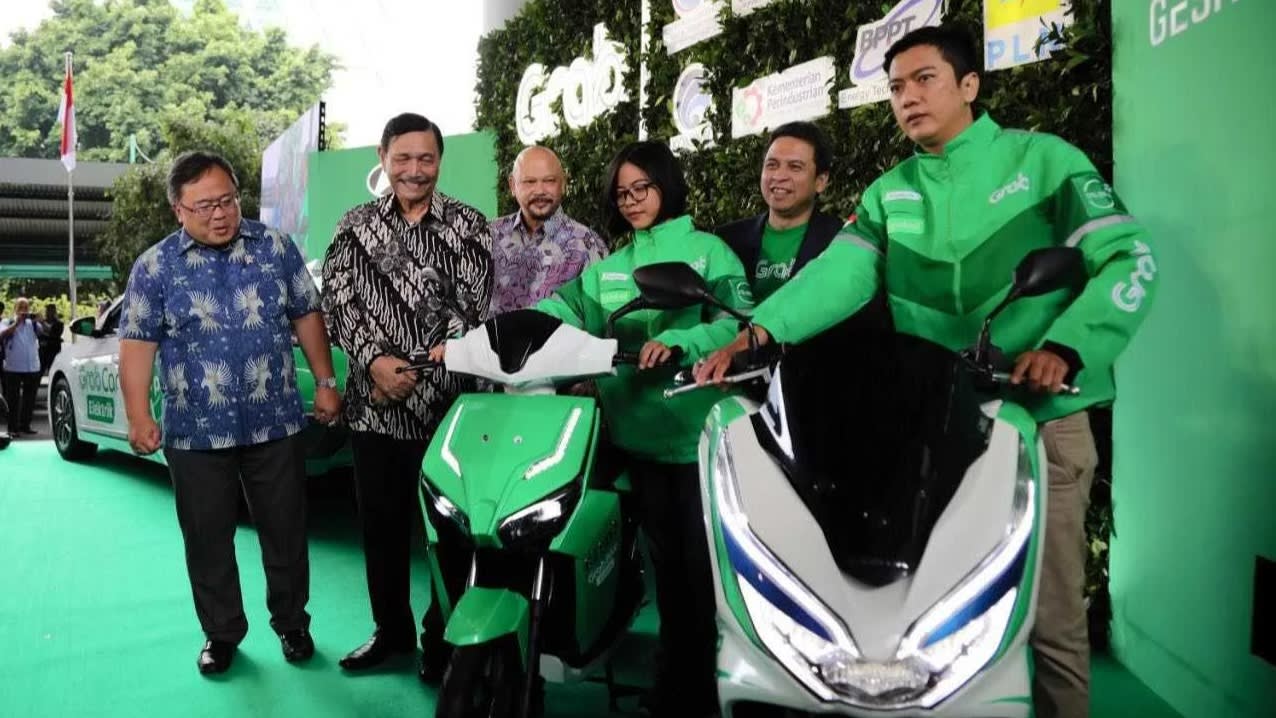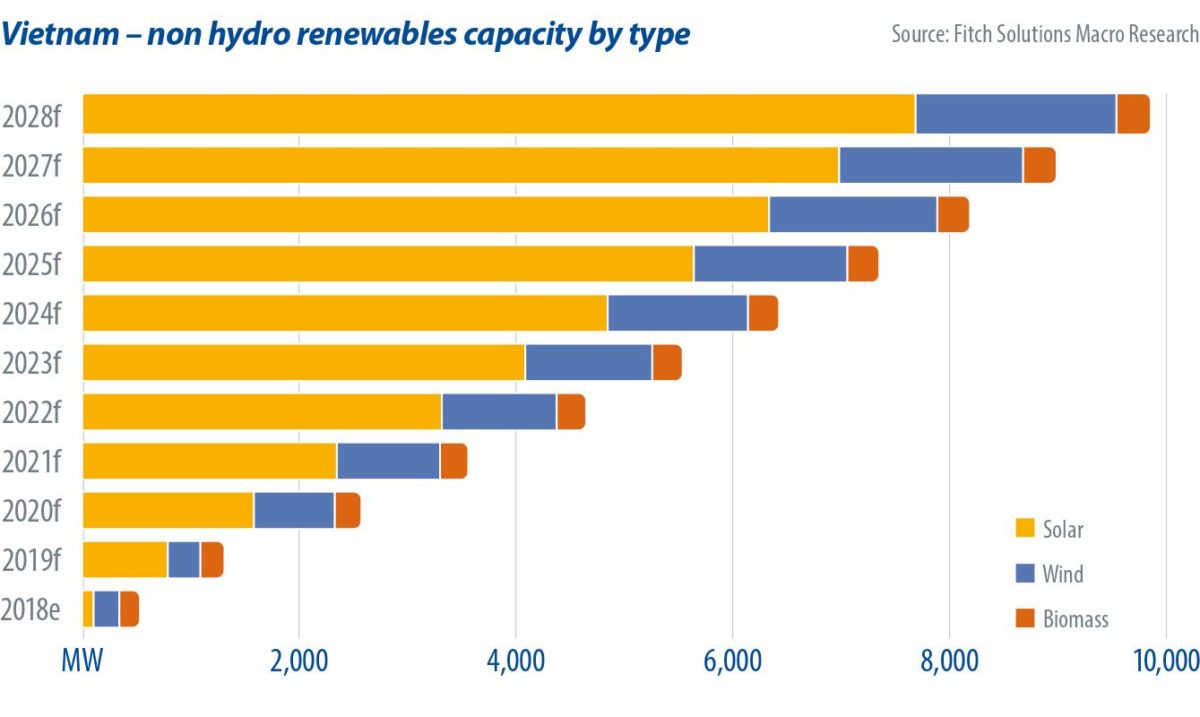- Energy Cooperation
24 December 2019
–
- Myanmar
The Ministry of Electricity and Energy has issued a press release saying that it discussed with two companies to generate electricity from solar energy.
The two companies are Victory Radiance Trading Co Ltd and Power China Company.
Deputy Minister for Electricity and Energy received the delegation led by Taryar Myint Swe, managing director of Victory Radiance Trading Co Ltd, and Wan Chunlai, director of Power China Co.
Both sides discussed measures for adopting policies and technologies related to solar power generation, solar power generation in the future power supply sector, review of a solar power station project to be implemented in Aunglan Township, Magway Region, as proposed by the companies and technological experiences.









